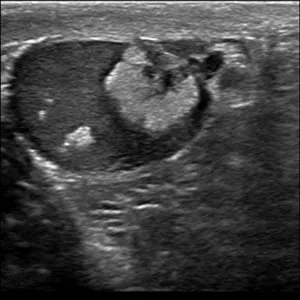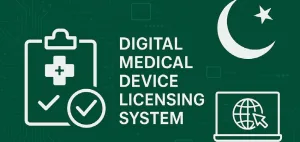Rare Case Study: Cyclical Cushing Syndrome in a Young Boy
A fascinating medical case highlights the complexities of diagnosing and managing rare conditions in young children. Doctors have documented the journey of a 9-year-old boy who presented with corticotropin-independent cyclical Cushing syndrome. This condition, characterized by recurring episodes of elevated cortisol levels independent of the usual hormonal control mechanisms, posed a diagnostic challenge.
Initial Presentation and Evaluation
The boy was initially evaluated at the age of 4, prompting a lengthy investigation to pinpoint the underlying cause of his cyclical symptoms. Cushing syndrome, in general, is rare in children, and the cyclical variant adds another layer of complexity to the diagnostic process.
Understanding Corticotropin-Independent Cushing Syndrome
What is Corticotropin?
Corticotropin, also known as adrenocorticotropic hormone (ACTH), is a hormone produced by the pituitary gland. It stimulates the adrenal glands to produce cortisol.
Independence from Corticotropin
In corticotropin-independent Cushing syndrome, the excess cortisol production is not driven by ACTH from the pituitary gland. This suggests a problem within the adrenal glands themselves, such as a tumor or other abnormality.
The Diagnostic Journey
Diagnosing cyclical Cushing syndrome requires careful monitoring of cortisol levels over time to identify the recurring pattern. Further investigations are needed to determine the source of excess cortisol production.
- Hormone Level Monitoring: Regular blood and urine tests to track cortisol levels.
- Imaging Studies: Techniques like CT scans or MRIs to visualize the adrenal glands.
- Specialized Tests: To differentiate between ACTH-dependent and ACTH-independent causes.
Treatment and Management
The treatment approach for corticotropin-independent cyclical Cushing syndrome depends on the underlying cause. Options may include surgery to remove an adrenal tumor, medications to block cortisol production, or other targeted therapies.
Final Words
This case underscores the importance of thorough investigation and specialized expertise in managing rare endocrine disorders in children. Continued research and awareness are crucial for improving diagnosis and treatment strategies for conditions like cyclical Cushing syndrome.




+ There are no comments
Add yours